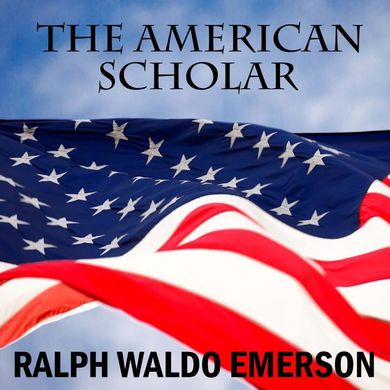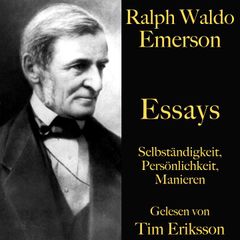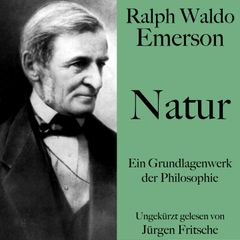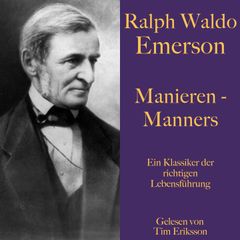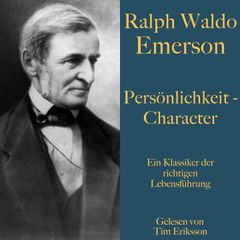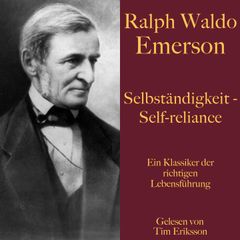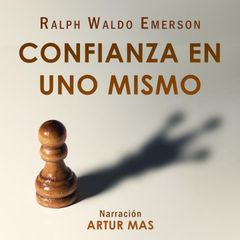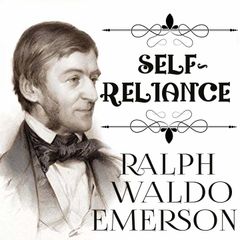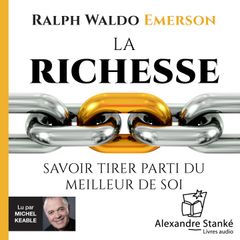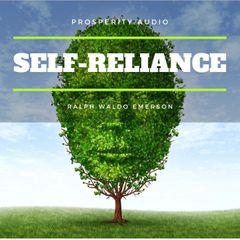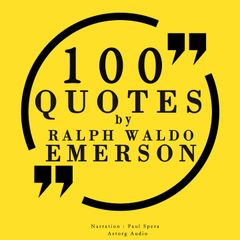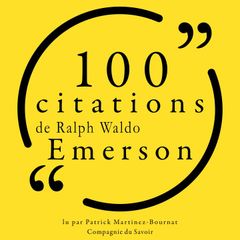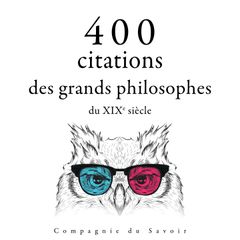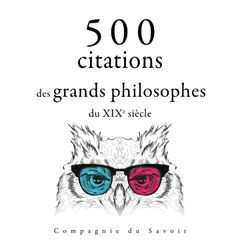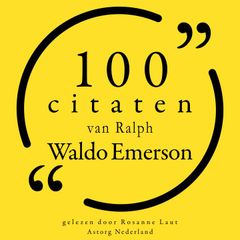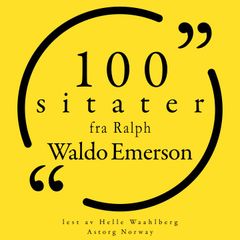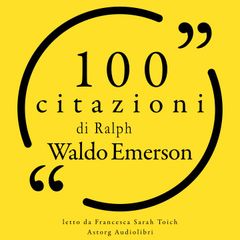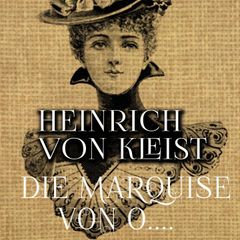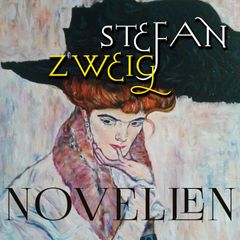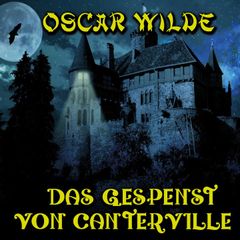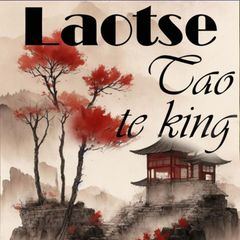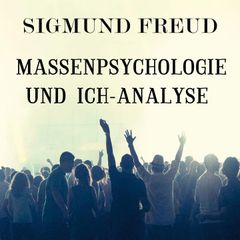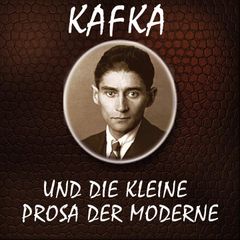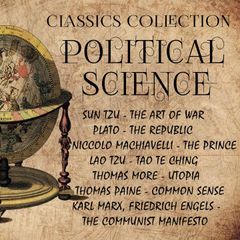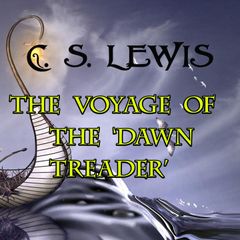- Audiolibro
- 2025
- 58 min
- Strelbytskyy Multimedia Publishing
Search Links
Título
The American Scholar
Descripción
In 1837, Ralph Waldo Emerson took the stage at Harvard and delivered what would become one of the most influential speeches in American intellectual history. The American Scholar was not just a lecture—it was a manifesto, a call to arms for a young nation searching for its own cultural identity. Emerson challenged his audience to break free from European intellectual traditions, urging them to think for themselves, to create, and to embrace the vast potential of the American mind.
This work is more than philosophy; it is an invitation to independence—not just political, but intellectual and spiritual. Emerson paints the scholar not as a passive keeper of knowledge, but as an active force, shaped by nature, books, and action. He argues that true learning is not about memorizing the past, but about engaging with the present and forging the future. His words ignited generations of thinkers, from Henry David Thoreau to Walt Whitman, and continue to inspire anyone who dares to challenge convention.
The American Scholar is a timeless reminder that education is not about repetition, but about revolution. It is a celebration of the individual mind, the courage to question, and the boundless potential of human thought.
En listas públicas de estos usuarios
Este audiolibro no está ninguna lista
Detalles del producto
Editorial:
Autor:
Título:
The American Scholar
narrado por:
Idioma:
EN
ISBN de audio:
4069828277205
Fecha de publicación:
26 de marzo de 2025
Palabras clave:
Duración
58 min
Tipo de producto
AUDIO
Explícito:
No
Audiodrama:
No
Unabridged:
Sí
Sobre el autor:
Ralph Waldo Emerson (May 25, 1803 – April 27, 1882) was a writer, lecturer, and thinker who reshaped American intellectual life. Born in Boston into a family of ministers, he lost his father at eight and was raised by a fiercely determined mother. He attended Harvard at fourteen, briefly taught school, and then followed family tradition into the ministry. But the death of his first wife, Ellen, in 1831 shattered his faith in organized religion. He resigned from the church and set off for Europe, where he met the great minds of his time—Coleridge, Carlyle, and Wordsworth—who deepened his belief in individual thought over inherited dogma.
Back in America, he settled in Concord, Massachusetts, and became the leading voice of transcendentalism. His 1836 essay Nature called for a new way of seeing the world—one that placed intuition above reason and the divine within the self. His lectures and essays, including Self-Reliance and The American Scholar, urged Americans to trust their own voices rather than look to Europe for intellectual authority.
A magnetic speaker, Emerson crisscrossed the country delivering lectures on topics ranging from history to self-improvement. He mentored Henry David Thoreau and influenced countless others, from Walt Whitman to Friedrich Nietzsche. Despite his growing fame, he remained a private man, happiest in his study or walking through the woods of Concord.
In later years, his memory faded, and he quietly withdrew from public life. Yet his words endured, shaping generations of writers, philosophers, and seekers. His call for self-reliance and intellectual independence remains as relevant today as it was in his time.
